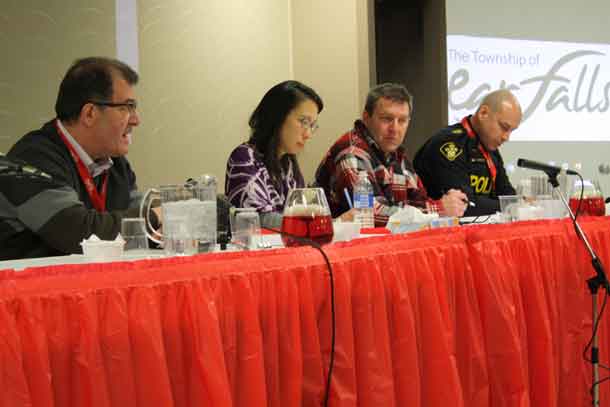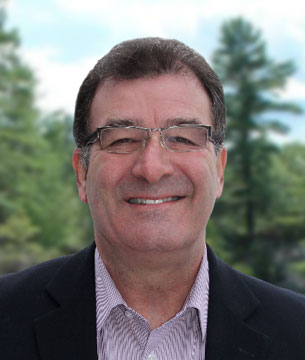
KENORA – We know that the level of services available to Canadians have not always been fairly distributed and often times is contingent upon whether you live in an urban or rural region. This is particularly true for Indigenous Peoples living in remote and rural areas. Budget 2018 commits to addressing these barriers, by reaching out to all on-reserve and northern Indigenous communities to provide improved access to funding programs. When our First Nations prosper, the entire region prospers.
Just recently, I was happy to attend the grand opening of the new water treatment plant in Slate Falls First Nation. After 14-years, members of the community can now drink the water from their taps. Our Government is committed to eliminating all long-term drinking water advisories (LTDWA) for residents living on-reserve by March 2021. As of February 12, 52 LTDWAs on public water systems have now been lifted. And while we still have a way to go, Budget 2018 invests $172.6 million over three years to accelerate the construction of new water systems and renovate existing ones. With these additional investments, projects will be expedited; ensuring that more affected water systems will become functional earlier than 2021.
Securing safe drinking water for every First Nation is just one part of having healthy and safe communities. Infant mortality rates for First Nations children are up to three times higher than the rest of the Canadian population. Suicide rates among First Nations youth are up to seven times higher. This is shocking and unacceptable. In order to bridge these gaps, we committed $1.5 billion over five years and $149 million per year afterward to improve critical care and nursing services, addictions services, as well as other initiatives to keep Indigenous families healthy. Furthermore, we will invest $248.6 million over three years for services that include mental health and emotional supports to survivors and their families for the duration of the Indian Residential School Settlement.
With a continued focus on families, we must make sure that Indigenous children are safe. While Indigenous children under the age of 14 make up less than eight per cent of all children in Canada, they represent more than half of the children living in foster care or private homes– this needs to change. That is why $1.4 billion in new funding over six years will be allocated to improve the capacity of child and family service agencies.
Adequate and affordable housing is also essential to keep families safe, but for too many Indigenous Peoples, this remains out of reach. Nearly one in five Indigenous people live in housing that is in need of major repairs, and one in five also live in housing that is overcrowded. To address these issues, we have committed an additional $600 million over three years to support on-reserve housing as part of a 10-year First Nations Housing Strategy. To support a Métis Nation housing strategy, the government is investing $500 million over 10 years. I believe that the best approach is one that respects the distinct needs of each Indigenous group, which is why this will be led by First Nations and Métis.
Ongoing employment gaps must be addressed to create a level playing field in which everyone can fully participate in the economy. Indigenous Peoples are less likely to be employed than non-Indigenous Canadians, and typically earn less. In this budget, we will invest $2 billion over five years and $408 million in ongoing support for the creation of a new Indigenous Skills and Employment Training Program. This will provide support for First Nations, the Métis Nation, as well as urban and non-affiliated Indigenous Peoples.
While we have made a lot of progress, it’s clear that we still have a long way to go to improve the lives of Indigenous people throughout the country. I am encouraged that our government is fully committed to delivering real results. It won’t happen overnight, although we are already begun to see positive results in the riding as well as throughout the country. It’s long overdue and it’s the right thing to do.
Bob Nault MP
Kenora







